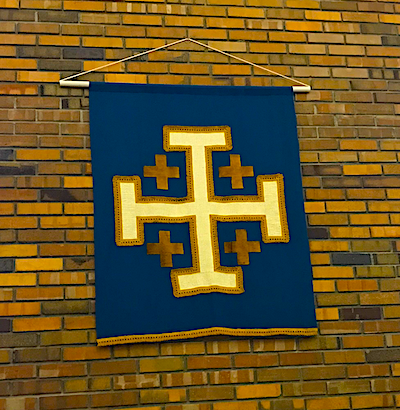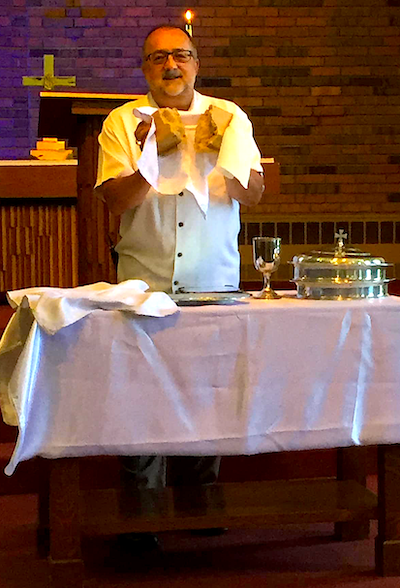Grace Point Church Theology

Grace Point Church exists to carry out the Great Commission of Jesus as a denomination of Presbyterian, Reformed, Evangelical, and Missional congregations.
Jesus Christ is Lord! We are here to make the Gospel of Jesus Christ available to as many people as possible, in as many ways as possible.
We assume the Bible is God-created and God-breathed and do our best to teach and live as Scripture teaches us.
About Grace Point Church:
Our full name is Grace Point Evangelical Presbyterian Church. Our name describes us well. Grace Point Church is both evangelical and Presbyterian. We are evangelical in our zeal for the gospel, as well as evangelism, missions, and living obediently as followers of Jesus. At the same time, we are rooted deeply in the Protestant Reformation and especially the theological and pastoral work of John Calvin. We embrace the Westminster Confession of Faith as our doctrinal standard, and the rule of spiritually mature elders linked together regionally as the best way to guide local congregations – including Grace Point Church. One way to summarize our beliefs is Reformed Theology.
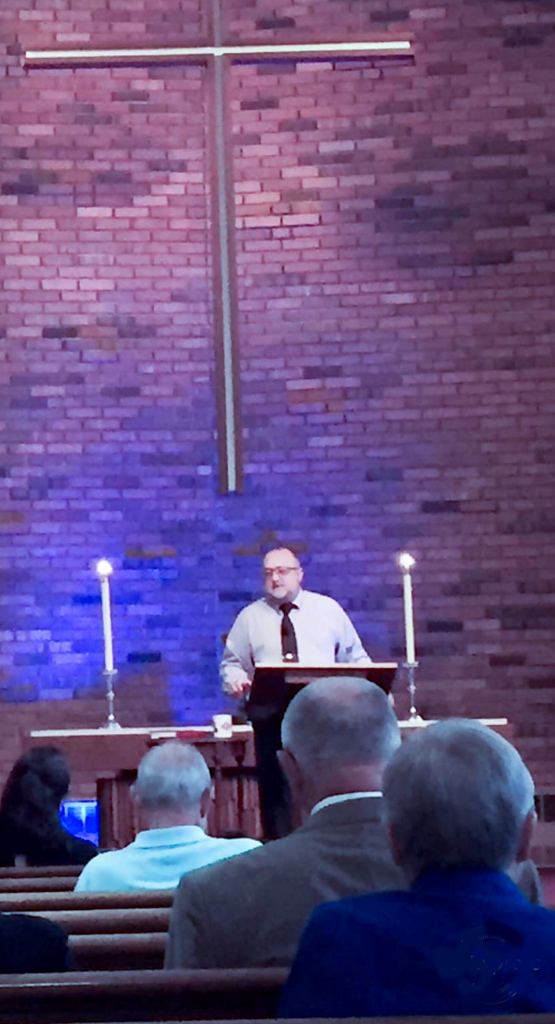

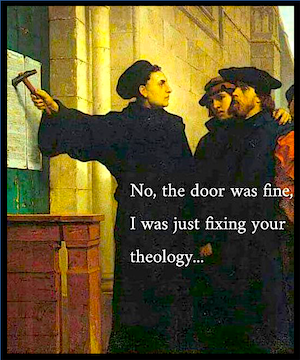
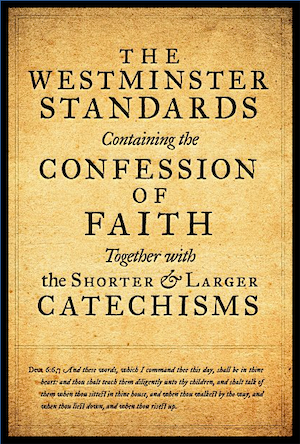
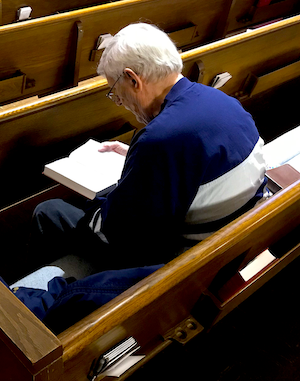

What Is Reformed Theology?
First, let’s consider a more basic question. What is theology? In essence, theology is the study of God. This is to be considered separate from the study of religion. Religion speaks of man’s practice. Now hold on to this . . . we’ll revisit religion a little later. Theology is the study of God: one’s theology is one’s belief system which rests on one’s awareness and understanding of God.
Here we would say that everyone is a theologian. Everyone has some awareness and understanding of God. We don’t say that everyone’s understanding of God is justified. But even atheists have an understanding of God. And we would affirm that everyone’s understanding of God is more robust than they realize. The apostle Paul wrote this in his letter to the Romans: For since the creation of the world God’s invisible qualities—his eternal power and divine nature—have been clearly seen, being understood from what has been made, so that men are without excuse. Everyone is a theologian.
Now let’s revisit our initial question. Reformed Theology is the term used to refer to the understanding of God taught by Christians and Christian churches which trace its origin to the Protestant Reformation, articulated by early Reformers such as Martin Luther and John Calvin, advanced by historic theologians like John Knox, John Owen and Charles Spurgeon, by more recent theologians such as Martyn Lloyd-Jones, John Stott and R. C. Sproul, and by contemporary theologians like Tim Keller, D. A. Carson and John Piper.
Reformed Theology can also be understood as theology articulated through certain historic creeds and confessions. We subscribe particularly to the Westminster Confession of Faith and the Larger and Shorter Catechisms, and also refer to the doctrines espoused in the Heidelberg Catechism, the Canons of Dort and the Belgic Confession, just to name a few. We don’t regard these doctrinal statements as Scriptural. But we use them as they point us to what the Bible teaches, and they provide us with a standard of theological accountability.
Reformed Theology can also be identified by certain views. We believe in the authority and inerrancy of God’s word. We hold that God is sovereign over all things. We understand that each of us are sinners in the sight of God, deserving of condemnation, and needing a savior. We know that Jesus has come to this world, and by his death on the cross has provided salvation. We place our faith and trust in Jesus, resting in the grace and mercy that comes to us through Christ rather than our own works, and so we’re assured of forgiveness of sins, newness of life, and eternity with God. We look forward to the return of Jesus, who will come to judge the world, to destroy sin and death once and for all, and will bring God’s children to glory.
And in the meantime, while we are in this life, we work to practice true religion, life lived according to God’s word, life that seeks to glorify God in all things. We know we won’t accomplish this on this side of glory, but we trust that God is bringing all creation to completion in Christ.
We hold to a Reformed view of theology because according to Scripture alone, by grace alone, through faith alone, we trust in Christ alone…to God alone be the glory!
Theology Matters . . .
In today’s world, more than ever, theology matters. We have deliberately chosen to go with the EPC theology because it is based on (1) the Protestant Reformation as carried out by Martin Luther; and (2) Reformed Theology that traces its history to the Westminster Catechisms and related documents. For more specific information see this Website’s section “Resources – EPC Denomination.”
Grace Point Church is truly Bible-based. Preaching and teaching comes directly from Scripture without any additions, subtractions, or multipications!
Building a Community of Christian Believers . . .
A lot of people who preach today focus on making you feel good. That is alright, and certainly preaching should never make you feel badly – but feeling good is not what good Bible-based preaching is all about.
The Bible is God’s authoritative statement, commentary, and teaching on life and all its aspects. The Bible is not just a dusty book left on the shelf because it is of little importance. We all need to not just hear the Bible but also understand what it truly means. That means not only reading or hearing the Bible, but gaining better understanding how the Bible interconnects with and refers to itself. When we see how everything from the first verse in Genesis to the last word in Revelation cross-references and supports God’s truth, we learn but also better understand the Bible.
How do we achieve this kind of first-hand knowledge of the Bible? The best way I know is to listen to effective and accurate Bible-based preaching. That requires someone who is well-trained and schooled in the Bible – but it also needs someone who can bring that knowledge to the listener in a way that truly meets their needs on all levels. That is the goal of Grace Point Church.
